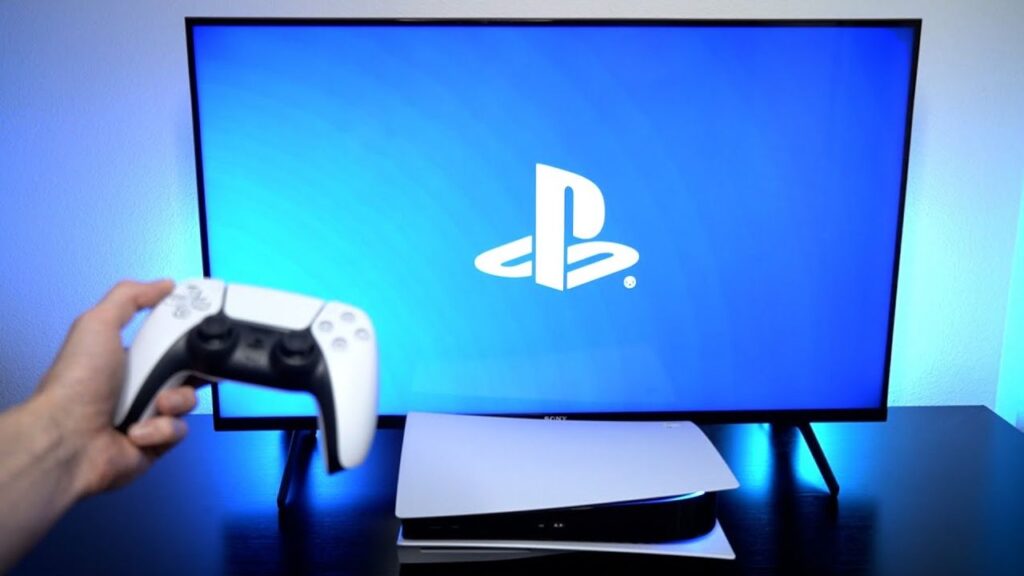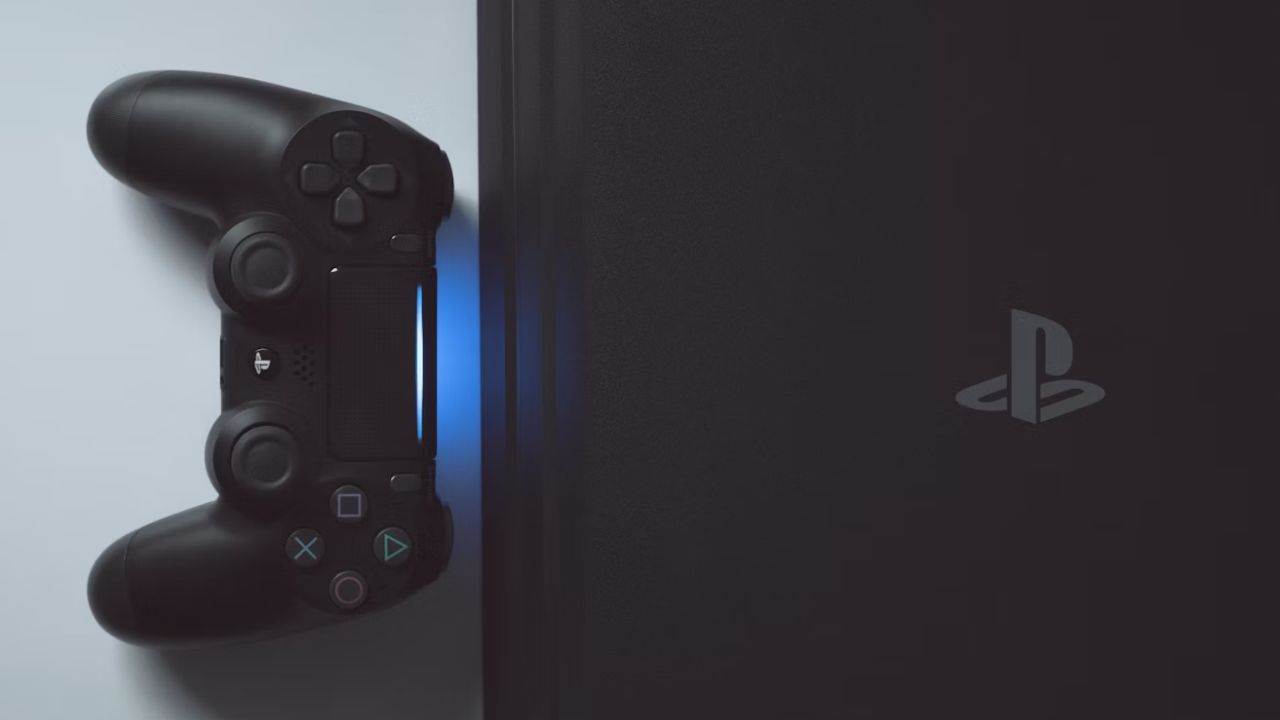The company that created the PlayStation game console, Sony Interactive Entertainment, has revealed a patent application that presents a novel idea that has the potential to revolutionize the ownership of in-game assets.
Known as “super-fungible tokens,” this invention could change how players interact with virtual tools in PlayStation games.
Sony’s Patent Filing for ‘Super-Fungible’ Gaming Tokens Hints at PlayStation’s Foray into Cryptocurrency
This development was spurred by a global frustration shared by gamers: the depreciation of traditional game investments.
A lot of the time, players spend a lot of money and effort getting in-game items like weapon upgrades and character skins, only to discover that when they switch to new games, they can’t access them. Consequently, players feel betrayed and shortchanged as these investments become sunk costs.
In their patent application, Sony suggests a blockchain-based remedy for this problem. The proposed system is complex, with important elements intended to transform in-game asset ownership and transferability.
Fundamentally, the system monitors a player’s digital assets on their PlayStation device and creates distinct metadata to contain these resources. After that, these metadata are combined to create a “super-fungible token,” which functions similarly to a digital certificate but represents a group of in-game goods.
 Image Credits: YouTube/John Glasscock
Image Credits: YouTube/John GlasscockRead: Sony Announces PlayStation Portal Gaming Console – Here Are the Details
Most importantly, a distributed ledger is used to store these tokens and the metadata that goes with them. This creates a transparent and safe database that is available to all parties involved.
This innovation has an enormous potential impact. The system presents a new ownership paradigm in the gaming industry by allowing players to own their digital items outright rather than just having licenses to use them in particular games.
Furthermore, the fact that these “super-fungible tokens” can be traded between players develops a secondary market for in-game merchandise, which could raise players’ overall value proposition and promote a livelier gaming community.
Still, several questions remain about how this technology will be used. Sony has not yet made it clear if they plan to use a private, network under Sony’s control or a public blockchain infrastructure like Ethereum.
There are also unanswered questions about how much players will be able to trade or profit from these tokens. The blockchain architecture selected may have a big impact on Sony’s degree of system control and financialization prospects.
The most recent innovation expands on Sony’s earlier investigation into blockchain technology and non-fungible tokens (NFTs) in the gaming industry.
An earlier patent application addressed the sharing of in-game content between games while taking into account the hardware constraints that the PlayStation ecosystem currently faces.
Overall, Sony’s “super-fungible token” idea presents a picture of a future in which gamers will have more control and authority over their in-game experiences.
Even though it’s unclear whether this vision will come to pass, it’s still important to keep an eye on how it might change the gaming industry. Innovations such as these highlight the dynamic intersection of technology and entertainment, influencing the future of digital leisure experiences as the gaming industry continues to grow.
Read: Xbox 360 Player Displays Stunning Game Collection
